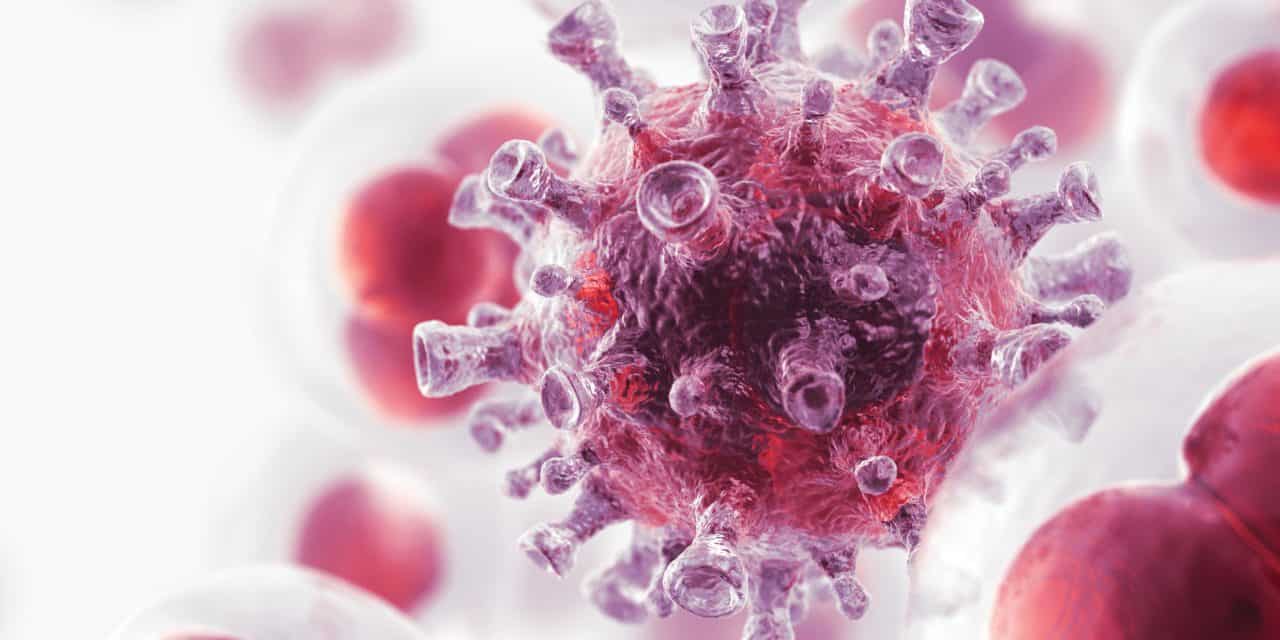Although the burden of human immunodeficiency virus (HIV) infection in Tanzania is high, limited data are available on cancers in HIV-infected patients. We aimed to determine the spectrum and prevalence of cancers in HIV-infected patients attending care at a zonal hospital in Tanzania.
Clinical records of HIV-infected patients from 2009 to 2019 were identified and retrospectively reviewed.
A total of 3398 HIV-infected patients were recruited with median age of 37 years. Cancer was diagnosed in 9% of the patients after enrollment into HIV clinical care, with an increasing prevalence from 7.2% between years 2009 and 2013 to 8.6% between years 2017 and 2019 (p-value <0.0001). Majority (89.2%) were on antiretroviral therapy (ART) during the time of cancer diagnosis. The proportions of acquired immunodeficiency syndrome (AIDS)-defining cancers and non-AIDS defining cancers were 28% and 72% respectively. Kaposi's sarcoma was the most common (13.2%) AIDS-defining cancer while esophageal cancer was the most common (11.1%) non-AIDS defining cancer. The median duration of time from HIV infection to cancer diagnosis was 715 days (IQR: 98-2570). The median CD4T-cell count was 318(IQR 159-690) cells/µl at the time of cancer diagnosis and 40.7% of the patients had advanced immunosuppression with CD4 count less than 200 cells/µl at the time of cancer diagnosis.
Non-AIDS defining cancers were much more common than AIDS-defining cancers suggesting increased longevity due to ART access. The prevalence of cancer among HIV-infected patients was 9% with an increasing trend over time; highlighting the importance of promoting cancer screening in this vulnerable population and implementation of vaccinations programs for liver and cervical cancers as well as tobacco control policies for smoking-related cancers.
Copyright © 2020 The Authors. Published by Elsevier Ltd.. All rights reserved.
Cancer spectrum in HIV-infected patients: A zonal hospital experience in Tanzania.


